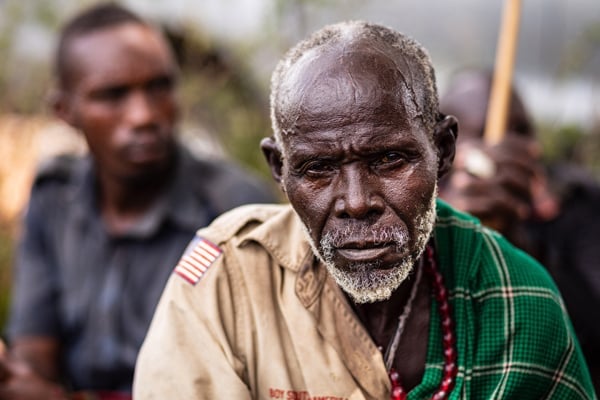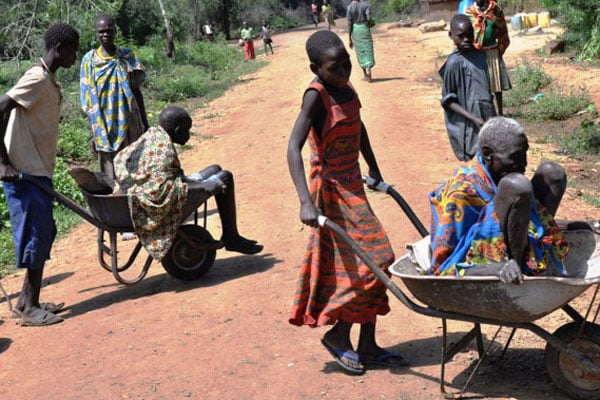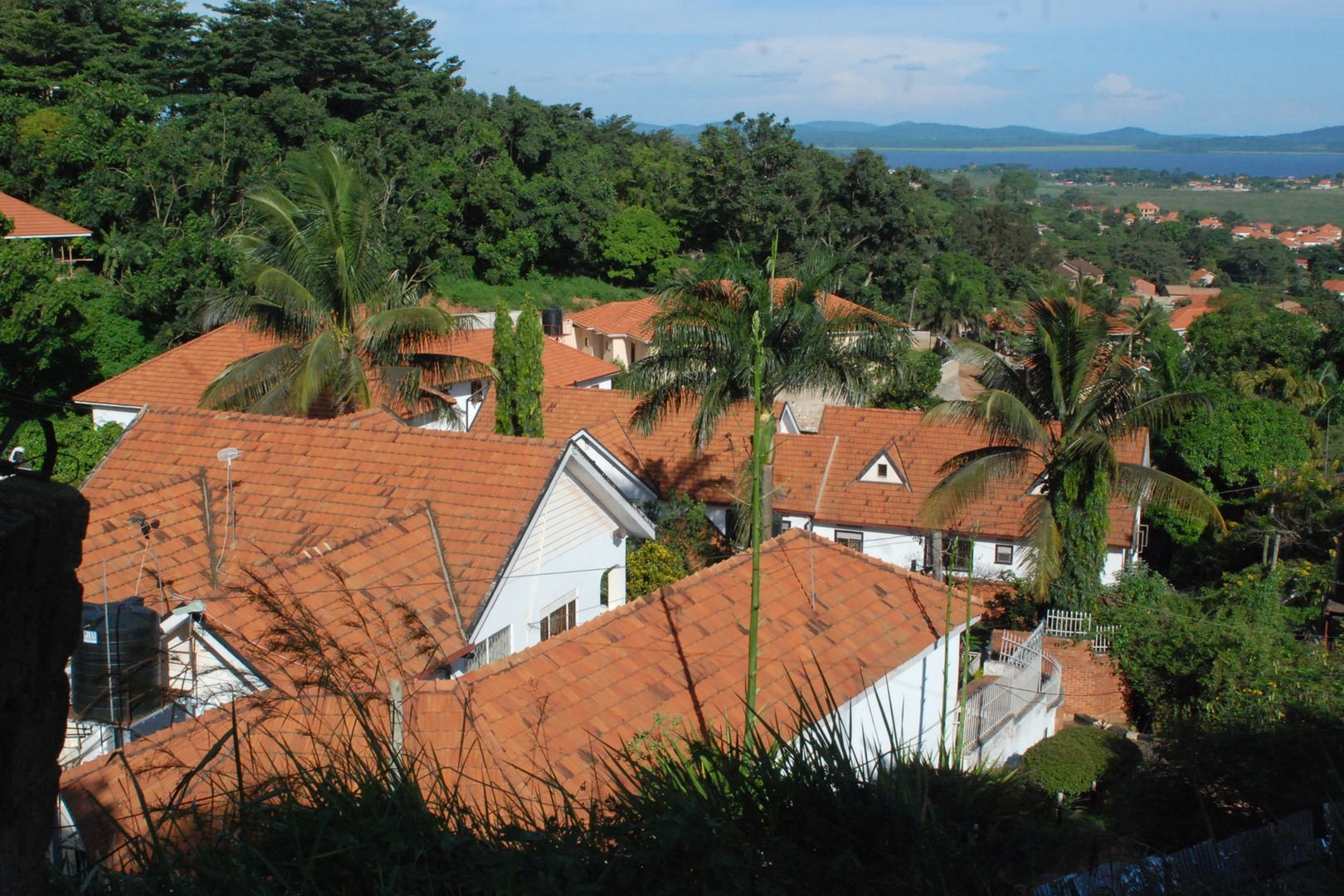Why elderly need friendlier toilets

An elder speaks during a meeting with officials from Uganda Parliamentary Forum on Social Protection at Bileafe Sub-county headquarters in Terego District in July 2023. PHOTO/CLEMENT ALUMA
What you need to know:
- The social protection month running between October 1 and 31, has been organised by the Ministry of Gender, Labour and Social Development, in collaboration with the Uganda Parliamentary Forum on Social Protection under the theme: Social Protection as an Enabler for Human Capital Development across the Lifecycle
The national legislator for the elderly in the 11th Parliament, Ms Peggy Joy Waako, has called upon the government to construct modern sitting toilets for the elderly across different public places in the country.
Speaking to reporters ahead of the Social Protection Month, which has kicked off today, Ms Waako said many elders, especially in villages, find it hard to ease themselves because of the nature of the toilets.
“Most toilets, especially in villages are not user-friendly for elders and we applaud the government for trying hard to ensure that there are both squatting and sitting toilets in most public places. Elders like myself cannot use those squatting toilets that is why we as social protection have tried to sensitise the public to build such toilets for the elderly,” she said.
The elders, Ms Waako said, need to be treated with special care because of the weak nature of their bodies.
Elderly people, aged 60 years and above, make up five percent of the 45.9 million Uganda’s population, according to the 2024 National Population and Housing Census preliminary results that were released by the Uganda Bureau of Statistics (Ubos) in June this year.
The young population aged between 0 and 17 years continues to dominate the biggest number with 50.5 percent, followed by their counterparts aged between 18 and 30 years who make up 22.7 percent according to the results.
Ubos is expected to release the final results this week.
Mr Emmanuel Ongiertho, the deputy chairperson of the Uganda Parliamentary Forum for Social Protection, said the small number of elders call for more need for critical care to enable them to live the lives they desire.
“With time, the elderly have problems with their knees so squatting may not be easy so we need to get something where they can sit and ease themselves comfortably. And this doesn't apply only to the elderly but even we the young ones want those sitting ones but at least for elderly persons we need those ones,” he said.
In Kampala, the Kampala Capital City Authority, through the Kampala Water-Lake Victoria Water and Sanitation Project in April this year, unveiled eight modern toilets that had been constructed across the city.
During the unveiling, officials said the project would be expanded to 64 toilets that were to be constructed in public schools, markets, and informal settlements.
Social protection month
The social protection month running between October 1 and 31, has been organised by the Ministry of Gender, Labour and Social Development, in collaboration with the Uganda Parliamentary Forum on Social Protection under the theme: Social Protection as an Enabler for Human Capital Development across the Lifecycle
Mr Ongiertho said this year's social protection month will have a strong focus on the potential of social protection to facilitate the achievement of the human capital.
“The theme is in line with the approved strategic direction of the NDPIV whose ultimate goal is sustainable socio-economic transformation and shall focus on the NDPIV strategic objective 2 on enhancing human capital development across the entire lifecycle,” he said.
The Social Assistance Grants for Empowerment, which include the Senior Citizens Grant, he said, have benefited 306,796 older persons aged 80 years and above.



